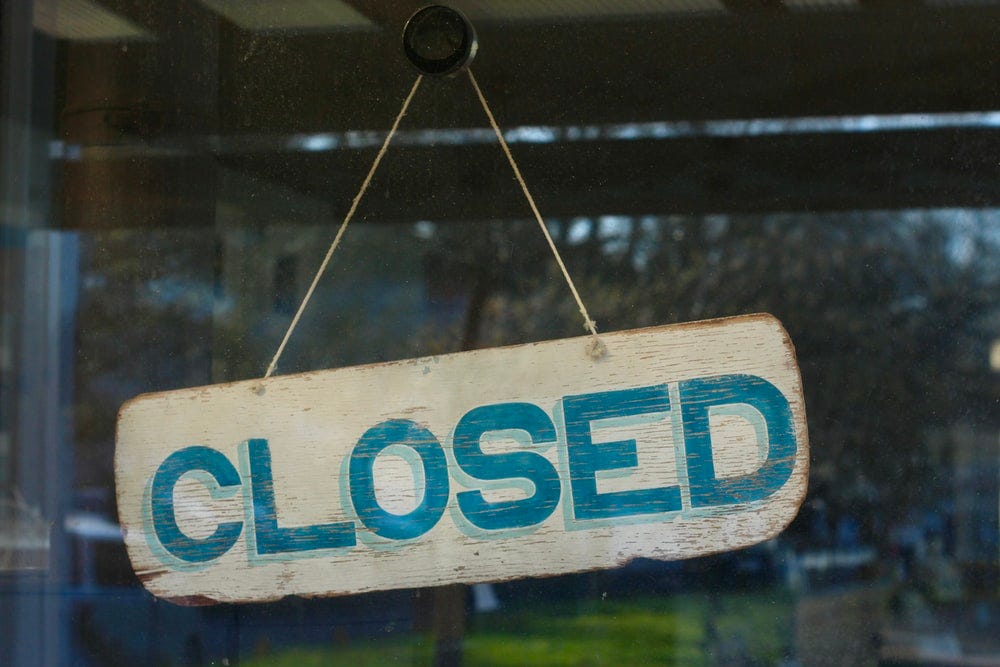'Juneteenth' proves gov't can be bipartisan and work at warp speed. Plus, 'appropriation' nation.
By Gary Abernathy
Friday is a federal holiday, in case you didn’t know

In case you haven’t heard — and it’s very possible you haven’t — tomorrow is a federal holiday. It’s not on your calendars? That’s because never before has a new federal holiday been so quickly established. The holiday is “Juneteenth,” the shorthand for June 19 which, in 1865, is the date that freedom from slavery became official in Texas. The day has been honored since then in various places around the country to commemorate the end of slavery in general, and the date gained more widespread attention in recent years.
A national holiday to celebrate the end of slavery seems right to me. Commemorating the end of the most deplorable part of U.S. history is about as worthy as it gets. What I question is the speed in which it suddenly happened, as opposed to maybe signing it now and having it become effective next year. It’s another sign of how politicians today of both parties are falling all over themselves to be seen as, yes, “woke” to the current race-sensitive trends. Few there are who want to be painted as racially insensitive. So a new holiday is upon us, like, tomorrow.
I wondered how much planning had gone into it, so I called a local post office to see if the mail would be running Friday, and if the office would be open. A clerk who answered did not seem to be aware of anything happening. He was not familiar with the new holiday. He said the mail would be running, as far as he knew. Okay.
The Associated Press reports that the House voted Wednesday to approve the bill by a margin of 415-14. NPR ran a headline declaring that “14 House Republicans Voted Against Making Juneteenth A Federal Holiday,” so they can be properly chastised for not getting with the program. The Senate had passed the bill Tuesday under a unanimous consent agreement, meaning not a single senator objected. President Joe Biden was signing it into law on Thursday afternoon, assuming the ink was dry.
Yes, June 19 falls on Saturday this year, but Friday will be the holiday. On a side note, this is very good news for the people of West Virginia, where June 20 — “West Virginia Day” — is celebrated in honor of the day in 1863 when West Virginia was declared a state and admitted to the Union. It’s been a formal state holiday since 1927. So now that will mean back-to-back holidays for the Mountain State.
Happy Juneteenth! You see? Government can work in bipartisan fashion and at warp speed after all. That’s good to know.
No one’s appropriating anything, and Elvis sure didn’t
White people – on social media and in real life – regularly appropriate African-American Vernacular English (AAVE) like "slay" and "sis" without thinking, and some of these phrases come directly from the Black LGBTQ community. Experts say this perpetuates racism, erases Black contributions and fuels cultural misunderstandings. Simply put: It's Black linguistic appropriation. "The divorcing of Black people from the way that we talk is really just another way of liking what Black people do, but not liking Black people," Nikki Lane, assistant professor at Spelman College, says. "It's very Elvis to me. You'll take our music, but you don't give us credit."
Simply put, this couldn’t be more wrong. First, the whole “appropriation” complaint grows more ridiculous all the time. Despite what “experts say,” art, in all forms, is like a river. Once something enters the stream, anyone can pour into it or dip from it. People keep adding and subtracting to various forms of art all the time, tapping into their own creativity, and that’s how it should be. Giving people credit for originating something is good, but taking the position that no one except certain people can practice or perform it is way off base.
Second, the phrase, “It’s very Elvis to me” apparently implies that Elvis Presley stole black music. That’s very wrong and ill-informed, as I laid out in a Washington Post column in 2018:
Presley was raised in poverty in the Tupelo, Miss., slums, side-by-side with African Americans, and the rhythm and blues and black gospel that influenced him were as much his music as anyone’s. It was in his DNA. Far from making a calculated decision to capitalize on it, Presley performed it as naturally as he downed the fried peanut butter and banana sandwiches that his mother prepared as part of her poor family’s menu. Presley, again merely by instinct, merged rhythm and blues with another genre he loved, country music — white music — to create a brand-new sound. Comparing the rhythm songs like “That’s Alright, Mama” as originally performed by Arthur Crudup with Presley’s version makes clear the creativity and distinction he brought to bear. Rather than being hailed by critics as an innovator, Presley was initially reviled and shunned by polite society for performing “race music,” embraced only by teenagers of all races. Economics eventually forced the popular variety shows of the day, hosted by Milton Berle, Steve Allen and, most famously, Ed Sullivan, to relent and feature Presley on their airwaves. Once Presley knocked down the door, multiple black artists stepped through it, suddenly welcome on television and in concert halls.
For all the fact-checkers out there, those are the facts.
Sign up or share this newsletter
Please sign up to receive this newsletter directly into your inbox Monday through Friday (except holidays or other occasional interruptions) or, if you are already a subscriber and reading this by email, share with a friend using the convenient button below. Thank you!



I hope many people stay home tomorrow! Lol! Sure happened quickly!